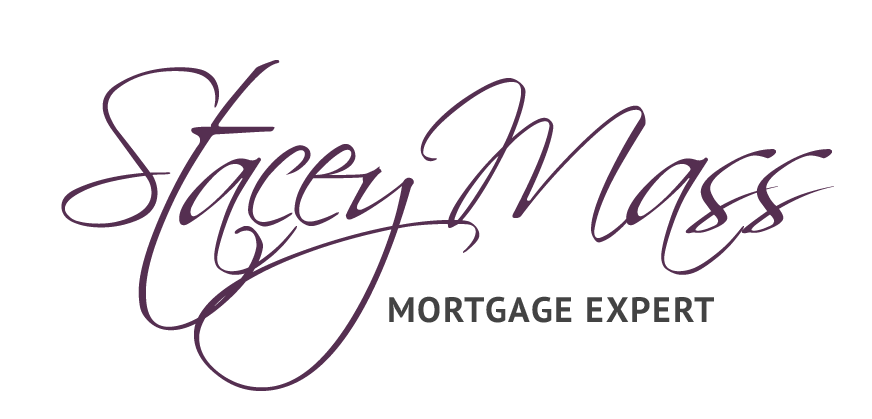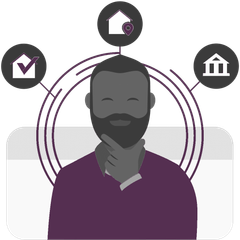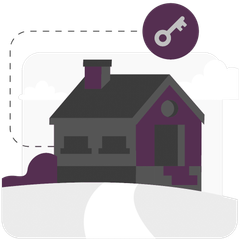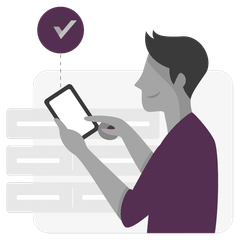Stacey Mass | Mortgage Expert in Calgary
Mortgage financing.
Looking after your best interest is my goal.
Let me help you find a mortgage that is best suited to your needs.
I specialize in educating clients to ensure stress-free mortgage financing. It would be a pleasure to work with you.
Mortgage financing can be confusing, it doesn't have to be, here's the plan.
Get started right away
The best place to start is to connect with me directly. The mortgage process is personal. My commitment is to listen to all your needs, assess your financial situation, and provide you with a clear plan forward.
Get a clear plan
Sorting through all the different mortgage lenders, rates, terms, and features can be overwhelming. Let me cut through the noise, I'll outline the best mortgage products available, with your needs in mind.
Let me handle the details
When it comes time to arranging your mortgage, I have the experience to bring it together. I'll make sure you know exactly where you stand at all times. No surprises. I've got you covered.
Hi, I'm Stacey Mass, your dedicated mortgage advisor here in Calgary. With over 25 years of experience, I understand that finding the right mortgage isn't just about the lowest rate – it's about aligning your unique needs and goals with the perfect financial solution.
My passion is building lasting relationships with my clients. From your first home purchase to refinancing, investment properties, and beyond, I'm here to offer personalized guidance and proactive support throughout your mortgage journey. I'm committed to finding strategies that optimize your financial situation, not just at the beginning, but for the entire life of your mortgage.
Thanks to the trust of my amazing clients, my business is based almost entirely on referrals, which I am very grateful for.
When I'm not crunching numbers, you'll likely find me enjoying the great outdoors with my family. I'm a wife to an awesome man, mom of three adult kids, and grandmother to an energetic 4-year-old! My downtime is spent hiking, gardening, golfing, traveling, and even rocking out on stage with my husband in our band.
Here are some nice things clients have said about working with me.
I can help you arrange mortgage financing for the following services:
Home Purchase
Mortgage Refinance
Mortgage Renewals
First Time Home Buyers
Investment Property
Buying Your Next Home
Mortgages in Retirement
Construction Financing
Self-Employed
Divorce/Separation
New to Canada









